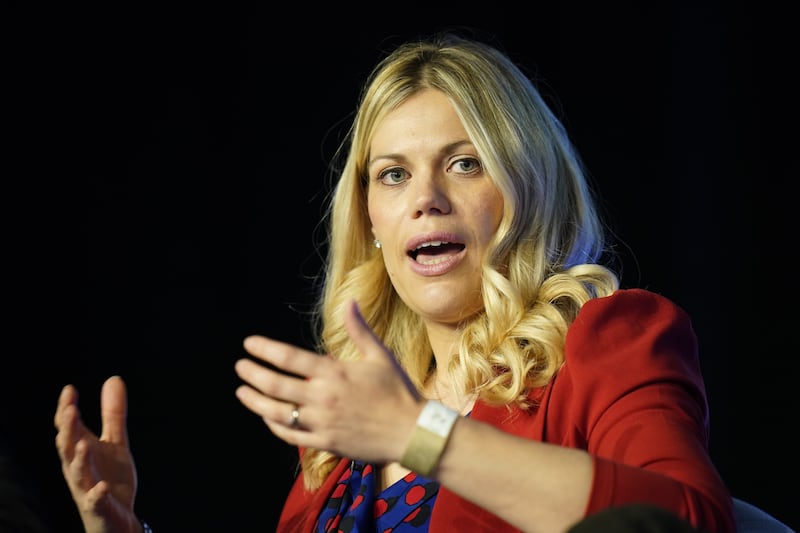State-funded in vitro fertilisation (IVF) treatment is to be introduced from September, the minister for health has said.
The measure is expected to offer a saving of over 11,000 euro to around 3,000 couples a year, subject to certain eligibility criteria.
People with fertility issues will begin by attending their GP, who will give lifestyle advice and carry out baseline investigations, and can then be referred to one of six regional fertility hubs, where it is estimated 50-70% of people can be helped, according to the health minister.
From the hubs, people can be referred to the HSE fertility centre in Cork or private IVF providers.
Eligible patients will be entitled to one full cycle of IVF or three rounds of IUI (intrauterine insemination), in what the health minister called a “first step”.
“Essentially, what we found is that by offering one cycle to begin with, we can give as many couples as possible that opportunity,” he said on RTE Radio.
Couples who do not have children, who have had a maximum of one round of IVF where all the embryos have been used, and who have a confirmed fertility issue will be eligible for the scheme.
Eligible couples must also be in a relationship for at least a year.
The eligibility criteria requires women to be aged 40 or under, with a Body Mass Index of between 18.5 and 30, and men to be aged up to 60.
Mr Donnelly said that recommendations from an expert group indicate that there is a “very significant reduction in chances of success” in the fertility treatment as a woman gets older.
“There is a one in three chance of success from one cycle, that’s (when) the woman is under 35. When the age moves from 35 to 39, that drops from one in three to one in five.
“And then when you get to 40-42, it drops to less than one in 10, and to 44 it drops to about one in 50.
“So really it’s about targeting the resources where there is the greatest chance of success for couples.”
New legislation is required to offer fertility treatment with donor eggs and sperm, which Mr Donnelly has committed to providing for under the Health (Assisted Human Reproduction) Bill, by the end of the year.
Arriving ahead of Cabinet on Tuesday, Mr Donnelly said the move was part of Government’s “determination” to cut healthcare costs and was part of a “national fertility service” that was being rolled out.
“It is going to make a big difference for couples,” he said.
“This can be a really difficult journey, a heartbreaking journey, and one that is simply not affordable for too many people.”
Tanaiste Micheal Martin said that it was a “significant day” for an issue that had long-been campaigned for.







